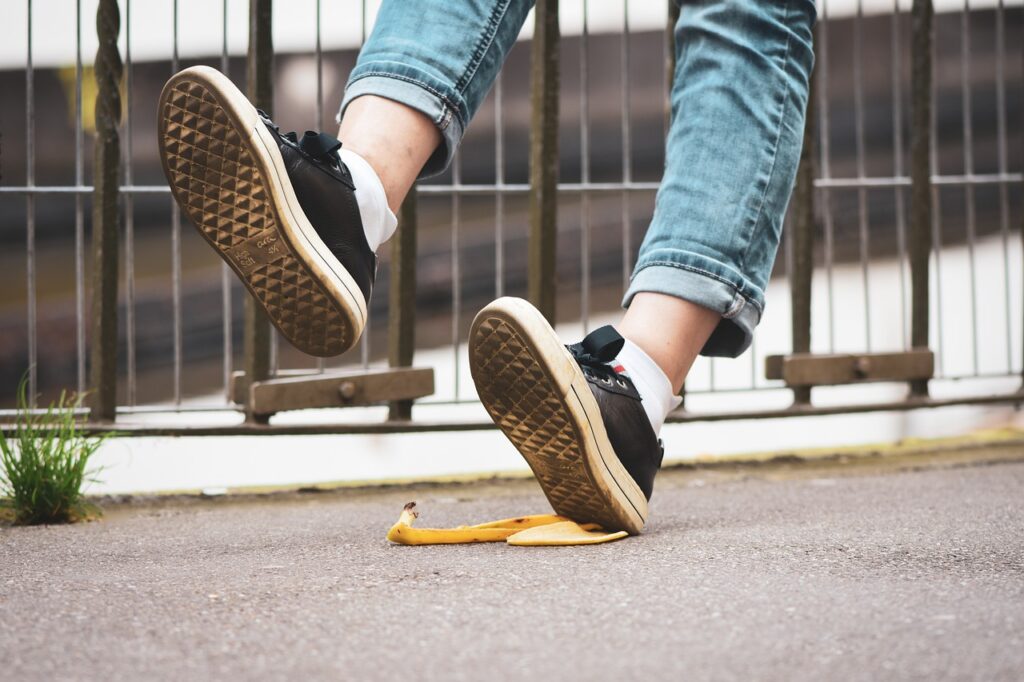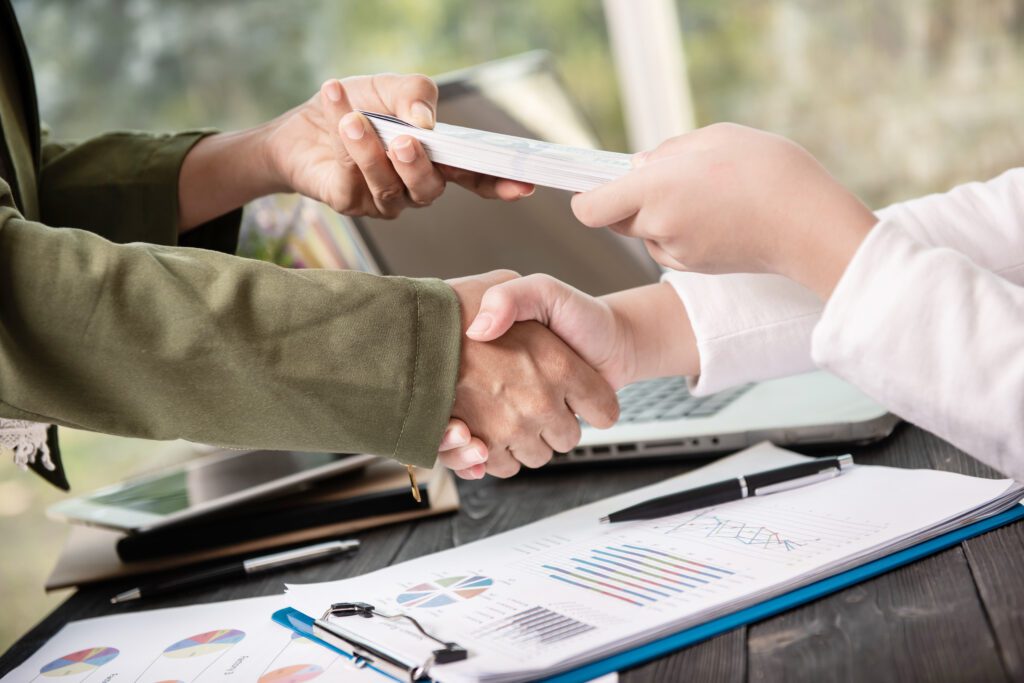
Slip and fall accidents can happen anywhere: at grocery stores, on icy sidewalks, or even on stairs in someone’s home. Before filing a slip and fall accident claim, you should do a full valuation of your injuries to determine how much you should ask for as compensation.
This article will serve as a guide to help you decide on this figure.
What Factors Determine How Much You’ll Get
If you’ve been hurt in a slip and fall, you might be wondering how much compensation you’re entitled to. Here are the key factors that come into play:
The Severity of Your Injuries
This is a big one. A broken leg will obviously have a higher value than a scraped knee. The extent of your medical bills, lost wages due to missed work, and any long-term disability will all be considered.
The Types of Injuries
There are two main categories: “hard” injuries and “soft tissue” injuries. Broken bones, cuts, and sprains are all hard injuries that are easier to document with medical records. Soft tissue injuries like muscle strains are trickier because they’re not always visible. However, don’t underestimate them. They can be painful, and you can still be compensated for them.
The “Eggshell Plaintiff” Rule
This legal term basically means that the property owner is liable for the extent of your injuries, even if someone else with stronger bones might not have been hurt as badly.
What If You Are Partly at Fault?
Let’s be honest, accidents can happen sometimes because we’re not paying close enough attention. Maybe you were distracted by your phone while walking, or perhaps you wore sandals on a rainy day. In some slip and fall cases, you might be considered partially at fault for your accident. However, this doesn’t necessarily mean you’re out of luck.
In most states, a concept called “comparative negligence” applies. This means that even if you’re partly to blame, you can still receive compensation, but it will be reduced by your percentage of fault. For example, if your damages are $20,000 and you’re found to be 30% at fault, you’ll receive $14,000 (70% of $20,000).
Some states, however, have stricter laws. In some places, if you’re even slightly at fault, you might be barred from receiving any compensation at all. You must understand the laws in your state. An experienced lawyer can serve as your encyclopedia in this aspect.
What Parties Can Be Held Liable?
If you’re wondering who to sue for your pain and suffering, you should consider any of the following parties:
The Property Owner
This is the most common scenario. If you slip and fall in a store, the store owner might be liable. If you fall on someone’s icy sidewalk, they could be responsible. The key is to prove they knew about the hazard (or should have known) and failed to take reasonable steps to fix it or warn people.
The Tenant
In some cases, tenants might be responsible for slip-and-fall accidents on the property they’re leasing. For example, if a tenant spills something on the floor in their apartment building hallway and you slip and fall, they could be liable.
Management Companies and Landlords
If you live in an apartment building and fall due to a faulty staircase or a poorly maintained walkway, the management company or landlord might be responsible.
Government Agencies
Government entities responsible for maintaining public sidewalks, roads, and parks can also be held liable for slip-and-fall accidents caused by uncleared snow, uneven pavement, or other hazards they should have addressed.

Why Many People Get Less Than They Deserve
Here are a few reasons why some people end up with low compensation:
Not understanding their rights
Many people simply don’t know their legal rights after a slip and fall. They might underestimate the value of their claim or not realize they have a case at all.
Not keeping good records
If you don’t document your injuries, medical bills, and lost wages, it’ll be difficult to prove the extent of your damages.
Settling too quickly
Insurance companies often try to pressure you into settling quickly for a lowball offer before you understand the full value of your claim.
Going at it alone
Insurance companies are in the business of saving money, and they have experienced adjusters who know how to negotiate claims down.
Trying to fight them on your own can be daunting, and you’ll most likely end up settling for only a fraction of what you truly deserve. Here’s what you should do: Hire a competent lawyer who can stand in your place during these negotiations.





.jpg)




